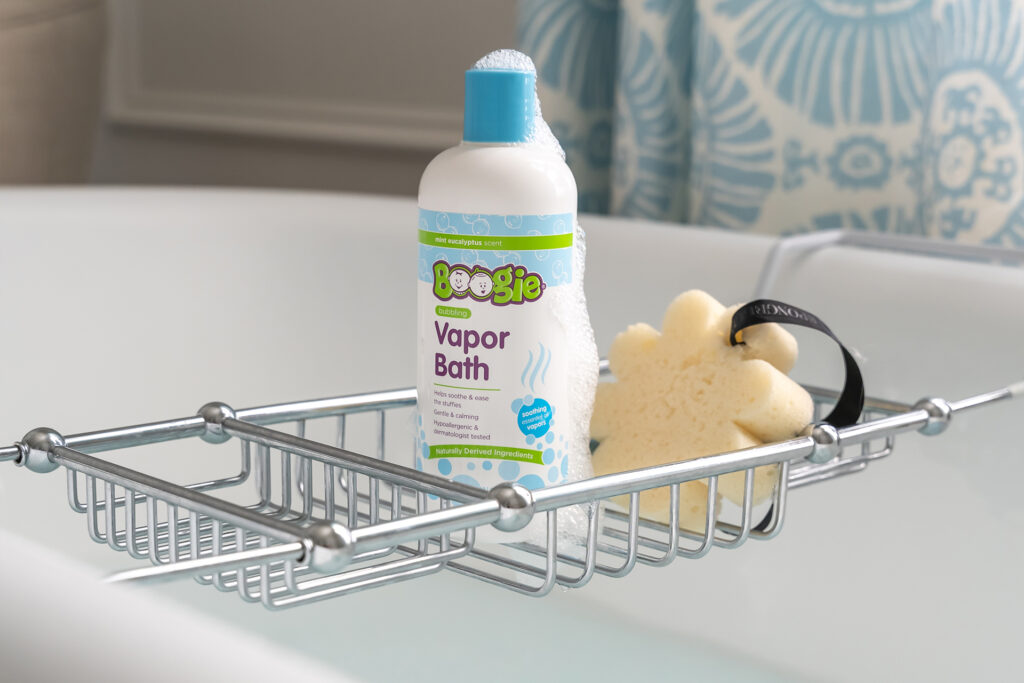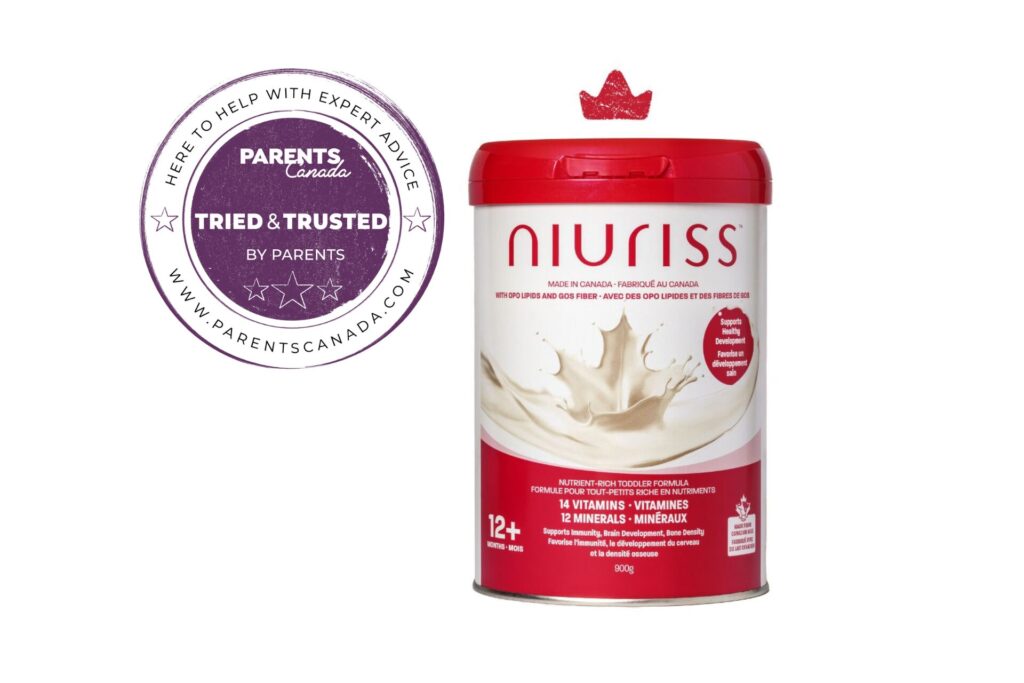Amid the many memories of my son’s first four years, the disasters related to his poop and pee (does ‘excretion' really sound any better?) are especially vivid.
 There was the yellow sleeper he ruined with a blowout poop at two months old. I tried frantically to mop up the liquid shrapnel in a tiny department-store washroom, while my husband waited outside the door. There was the train seat cushion he soiled with an overflowing diaper at 18 months old. My husband and I had a debate to determine if we should alert the staff when we disembarked, and if so, how do we explain the situation? At age three, wearing big-kid undies on an airplane, he had a rare wetting-his pants accident. Let me assure you, any pose that the Ashtanga yoga folks can dream up would be easier than removing and replacing shoes, pants, and underwear on a squirmy, weepy kid in an airplane washroom.
There was the yellow sleeper he ruined with a blowout poop at two months old. I tried frantically to mop up the liquid shrapnel in a tiny department-store washroom, while my husband waited outside the door. There was the train seat cushion he soiled with an overflowing diaper at 18 months old. My husband and I had a debate to determine if we should alert the staff when we disembarked, and if so, how do we explain the situation? At age three, wearing big-kid undies on an airplane, he had a rare wetting-his pants accident. Let me assure you, any pose that the Ashtanga yoga folks can dream up would be easier than removing and replacing shoes, pants, and underwear on a squirmy, weepy kid in an airplane washroom.
Before I became a mom, urine was something that stayed encased in the toilet. It wasn’t something I interacted with. But when you become a resident of Momville, you check your squeamishness about bodily fluids at the door. You’re going to have a new, closer relationship with biological functions (yours and others’) from now on. I suspect this is the real reason why doctors request so many urine samples while we’re pregnant. It’s part of the training process.
Why is this outside-the bowl thinking important? Because in those early years of parenthood, pee is going to be a driving force in your life. Forget the fact that you’ll have trouble finding time to do it yourself – you’re now in charge of someone else’s pee. You’re going to be packing for it, and toting its accessories – diapers, wipes, cream – wherever you go. Pee is going to go public. It’s on your hands. Your shirt. Your carpet. Your new designer jeans.
When venturing out, you’ll find yourself entering the slums of pee – public washrooms with rickety change tables and suspicious stains on the seats. Every time we go to a restroom, my son asks hopefully: “The lever is not dirty?” I continually have to inform him that yes, it probably is, and he doesn’t get to press the flush handle like he does at home.
Finally, pee will become part of everyday discussion in your household – at the dinner table and beyond. When my siblings and I were in elementary school, and kept repeating classic bathroom-humour jokes in an endless loop at home, my mother got exasperated. She instituted a rule that “bathroom talk” could only occur in the bathroom. My brother had fun with this for a few days: going in, shutting the door, and yelling “Pee! Pee! Peeeeee!” at the top of his lungs, but generally it solved the problem. I look back on it as one of my mom’s many brilliant parenting strategies, and planned to use it with my son. The reality is, however that limiting “bathroom talk” is simply not possible during the toilet-training experience. There has to be constant discussion and awareness-building about pee. You have to embrace it. So, I have tried. I have actually grown to love my son’s joyful announcements of “Hey, Mom! I have to go PEE!” They are signals that we are making progress in our mission: to get urine back in the bowl (where it belongs!).
Tips for toilet time
- Before you start toilet training, take a shopping trip with your child to select a package of new “big kid” underwear. It’s amazing how a favourite colour or cartoon character can help build motivation to wear them.
- For kids who need time to get used to the potty idea, there are lots of cute books that can be obtained from bookstores, libraries, or older cousins who have passed this stage. Some of them even have a button that makes a flushing sound! Work these into your story-time rotation before you even go near the bathroom.
- When the time comes to visit the washroom, avoid using the phrases “Do you need to…” or “Would you like to…”. An upbeat but assertive “Let’s go have a pee!” or “It’s time to go to the bathroom!” leaves less room for debate.
- When your child is an undie-newbie, have them wear their underwear, but put a pull-up diaper over top. This way they experience the feeling of having underwear on, but there’s a backup layer if a little leak occurs.
- In addition to the requisite diaper supplies you already carry, a potty trainer’s diaper bag should include spare underwear, pants and socks, plus a plastic bag for any soiled clothes.
- An important part of toilet training is hand-washing training. At home, choose a favourite song to sing (such as Happy Birthday or the ABCs) to ensure they scrub with soap for long enough. To help your cause in public washrooms (and to counteract the empty-soap-dispenser phenomenon), stash a travel-size bottle of baby shampoo or hand sanitizer in your bag. A washcloth or small towel can also be handy if your child gets spooked by the rocket-launcher noise of today’s air-powered hand dryers.









